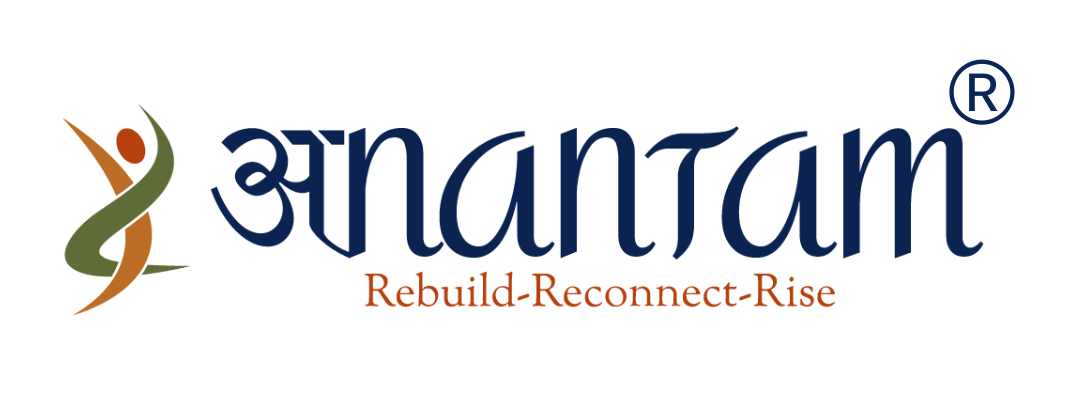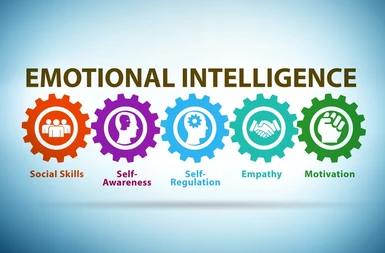In today’s fast-paced world, the workplace isn’t just a space where tasks are completed and paychecks are earned. It’s a vibrant ecosystem, rich with diverse personalities, experiences, and emotions. In this intricate web of human interactions, emotional intelligence stands as a beacon guiding us towards understanding, empathy, and compassion.
The Heart of Emotional Intelligence: Emotional intelligence (EI) is more than just a buzzword. It’s the cornerstone of meaningful connections and healthy relationships within the workplace. At its core, EI is the art of recognizing, understanding, and managing our own emotions while being attuned to the feelings of others. In the professional realm, this skill transforms mundane office environments into nurturing spaces where individuals thrive and grow, both personally and professionally.
Cultivating Self-Awareness: The first step towards harnessing emotional intelligence is self-awareness. Understanding our own emotions, triggers, and responses allows us to navigate challenging situations with grace. Acknowledging our feelings, whether it’s stress, frustration, or joy, grants us the power to manage them effectively, preventing emotional turmoil from clouding our judgment.
Empathy: The Heartbeat of Connection: Empathy forms the heartbeat of emotional intelligence. It’s the ability to step into someone else’s shoes, to perceive the world from their perspective. In the workplace, empathy transforms conflicts into conversations and misunderstandings into opportunities for growth. By actively listening to our colleagues, understanding their concerns, and acknowledging their emotions, we foster an environment of trust and support.
Managing Emotions in Stressful Situations: In the hustle and bustle of the workplace, stress often looms large. Emotional intelligence equips us with the tools to manage stress constructively. By recognizing the signs of stress within ourselves and others, we can intervene with understanding and support. Encouraging breaks, practicing relaxation techniques, or simply lending a listening ear can make a world of difference to someone dealing with workplace pressure.
Fostering a Positive Workplace Culture: When emotional intelligence permeates the workplace, it gives rise to a positive, inclusive culture. Employees feel valued, heard, and appreciated for their unique qualities. Constructive feedback replaces criticism, and collaboration triumphs over competition. A workplace rooted in EI becomes a space where creativity flourishes, innovation is celebrated, and individuals are empowered to reach their full potential.
Emotional intelligence isn’t confined to individual interactions; its impact ripples throughout the workplace and beyond. It fosters stronger team dynamics, enhances leadership qualities, and even extends to client relationships. In the tapestry of the workplace, emotional intelligence weaves a thread of compassion, kindness, and genuine connection. Let us nurture this essential skill within ourselves and our colleagues, for in doing so, we cultivate not just successful professionals but empathetic, resilient human beings who contribute positively to the world around them.

